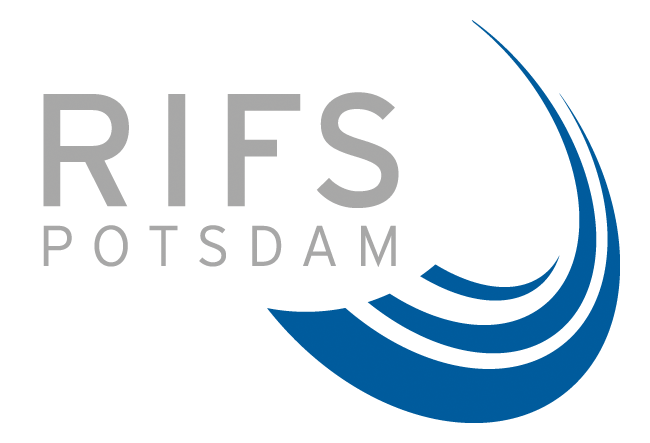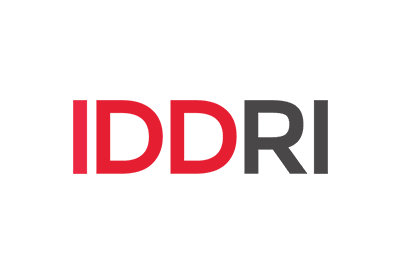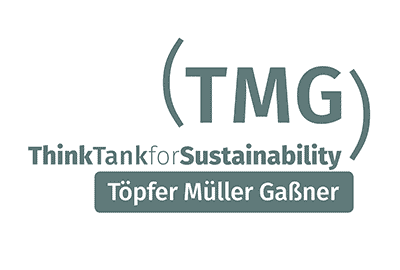Effective monitoring, control and surveillance (MCS) is critical for the success of marine conservation and management. Whereas States have the right to manage the marine resources within their national jurisdiction, the high seas are subject to a complex patchwork of international rules and regulations. As States begin to negotiate a new international agreement concerning areas beyond national jurisdiction (ABNJ), there is growing interest in how MCS tools and policies can be applied to this vast global commons.
The STRONG High Seas workshop, which was organised by partner institute IDDRI, gathered 15 participants representing policy research institutes, fisheries industry, MCS technology providers, environmental organizations, RFMOs and INGOs. Participants engaged in wide-ranging discussions on the opportunities and challenges for effective MCS, taking stock of existing technological tools and considering possible future technological developments. The workshop will feed into ongoing international negotiations on ABNJ, as well as support regional decision makers and stakeholders with the knowledge and options needed for improving MCS in ABNJ. A second workshop planned for late 2018 will build on the results of this workshop and be used to discuss and consider policy options for strengthening MCS in ABNJ.
Key messages from the workshop
- Monitoring Control and Surveillance (MCS) will be crucial to ensuring compliance with management measures developed under a future international agreement on Areas Beyond National Jurisdiction (ABNJ).
- Tools for MCS have been drastically extended by a range of new technologies and techniques using previously unavailable or inaccessible data sources, while there is no clear and singular MCS solution.
- A key challenge facing MCS is an excess, not a lack, of data available through the different technologies which is further compounded by potential skills shortages for data interpretation.
- There may be resistance to MCS tools by e.g. the fisheries sector concerned about control over the industry, while some fishers may also view MCS as way to prove that their fish was sustainably caught and provide them with a market advantage.
- The key challenge currently facing MCS tools is a lack of appropriate policy approaches and governance mechanisms for the design and implementation of the available technologies. Any future successful options will need to be co-created with stakeholder to ensure appropriate design and early buy-in among different sectors.
Please find the complete summary of the workshop here.




